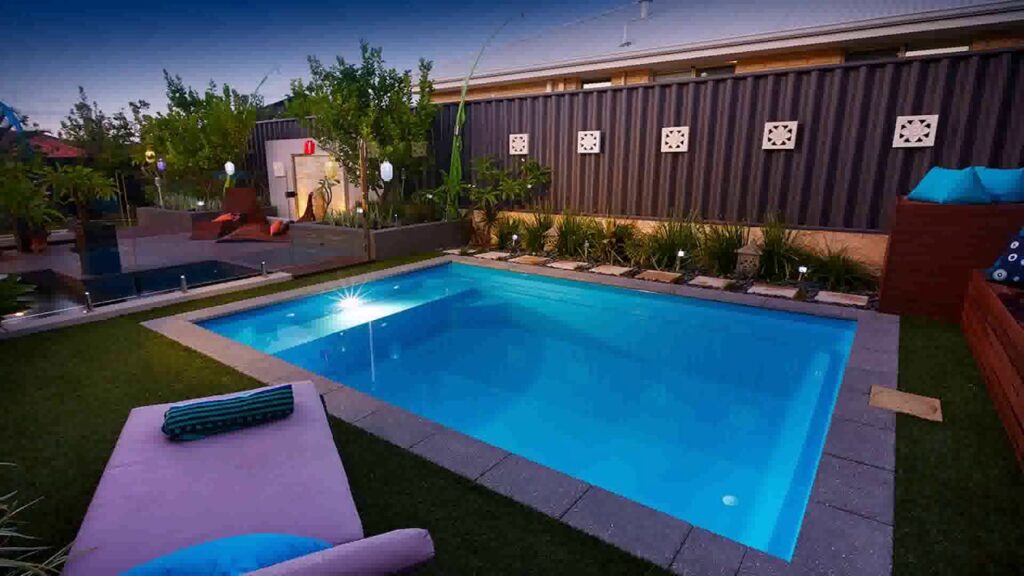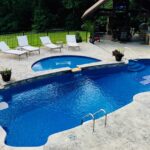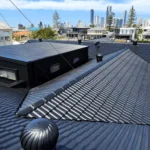Installing a swimming pool is a major decision for any Australian homeowner, both financially and lifestyle-wise. In 2025, fibreglass pools remain one of the most popular choices, offering a good mix of durability, style, and cost-effectiveness. However, before you take the plunge, it’s important to understand the cost-benefit balance of installing a fibreglass pool — including initial expenses, ongoing costs, and the overall value you gain in return.
This article outlines what to consider when weighing up the investment in a fibreglass pool and whether it suits your home and family.
Initial Costs To Expect
The upfront cost of a fibreglass pool includes the pool shell itself, excavation, installation, plumbing, and electrical work. Prices can vary widely based on factors such as pool size, shape, site conditions, and any additional features you choose.
Generally speaking, a fibreglass pool installation tends to fall in the mid-range price bracket compared to other pool types. It’s usually more expensive than a basic vinyl pool but more affordable than many concrete pool options. Additional features like heating, lighting, automation, or safety fencing will add to the total cost.
Comparing Fibreglass Pools With Other Types
When considering your options, it helps to look at how fibreglass pools compare to concrete and vinyl pools.
Concrete pools often come with a higher initial price tag and require a longer installation period. They also tend to demand more maintenance over time, which can add to costs.
Vinyl pools usually have a lower upfront price but involve recurring expenses as the liners wear out and need replacement every several years.
Fibreglass pools strike a balance: they offer solid durability and relatively quick installation, making them a popular middle-ground choice.
Savings Over The Long Term
One of the biggest advantages of brisbane fibreglass swimming pools is their low maintenance requirement. Their smooth, non-porous surface resists algae growth and staining, meaning less frequent cleaning and fewer chemicals.
Because of this, you’ll likely spend less on pool chemicals and maintenance services over the years compared to concrete pools, which often require resurfacing or repairs.
Energy-efficient pumps and filtration systems designed for fibreglass pools also contribute to lower running costs.
Energy Efficiency And Running Costs
With energy prices continuing to rise, the ongoing cost of running a pool is an important factor.
Fibreglass pools are known for their energy efficiency. Their smooth surface reduces the need for heavy water circulation, which means pumps don’t have to work as hard. Additionally, fibreglass pools retain heat well, especially when paired with pool covers and energy-saving heating options like solar or heat pumps.
All these factors combine to keep your electricity bills lower than you might expect with other pool types.
Boosting Your Property’s Value
A well-maintained fibreglass pool can add considerable value to your home. In Australia, outdoor living spaces and pools are highly sought after, especially when they’re easy to maintain and visually appealing.
Because fibreglass pools install relatively quickly and come in modern designs, they tend to retain their fresh look over time. This can make your property more attractive to potential buyers and could increase its market value.
Lifestyle Advantages For Your Family
Beyond financial considerations, the lifestyle benefits of a fibreglass pool are substantial.
Installation is quick, so you can enjoy your pool much sooner than with concrete options. The smooth, comfortable surfaces are ideal for swimmers of all ages, including children and older family members. Many designs include features like built-in steps, seats, and shallow areas to improve safety and comfort.
The low maintenance aspect also means less time spent cleaning and more time enjoying the water, making it a practical choice for busy families.
Environmental Impact And Sustainability
As sustainability becomes increasingly important, fibreglass pools offer some environmental advantages.
Their manufacturing process generally uses less water and energy than concrete pools. Plus, the durable, long-lasting nature of fibreglass means fewer repairs and less material waste over time.
The efficiency of fibreglass pools, combined with options like solar heating and pool covers, can help reduce your environmental footprint.
Things To Keep In Mind
While fibreglass pools offer many benefits, there are some points to consider:
- Size and shape options are more limited compared to fully custom concrete pools.
- Delivery and installation require good access for large equipment.
- Repairs, although uncommon, require specialist expertise.
For most homeowners, these factors are outweighed by the advantages.
Financing Your Pool
Installing a pool is a sizable investment. Many homeowners explore financing options like personal loans, home equity loans, or specialised pool finance plans.
Additionally, some states and territories offer incentives or rebates for energy-efficient pool equipment or environmentally friendly backyard upgrades, which can help reduce overall costs.
Balancing Costs And Benefits
Ultimately, while the initial cost of a fibreglass pool might be higher than some alternatives, the lower maintenance, reduced running costs, quick installation, and property value benefits make it a cost-effective choice over time.
The lifestyle improvements — faster installation, ease of care, and family-friendly designs — also add intangible value that enhances your home life.
Conclusion
In 2025, fibreglass pools remain a smart investment for Australian homeowners. They provide a reliable, attractive, and low-maintenance pool option that suits a wide range of budgets and lifestyles. By carefully weighing the upfront costs against long-term savings and lifestyle benefits, you can make an informed decision that delivers enjoyment and value for years to come.



